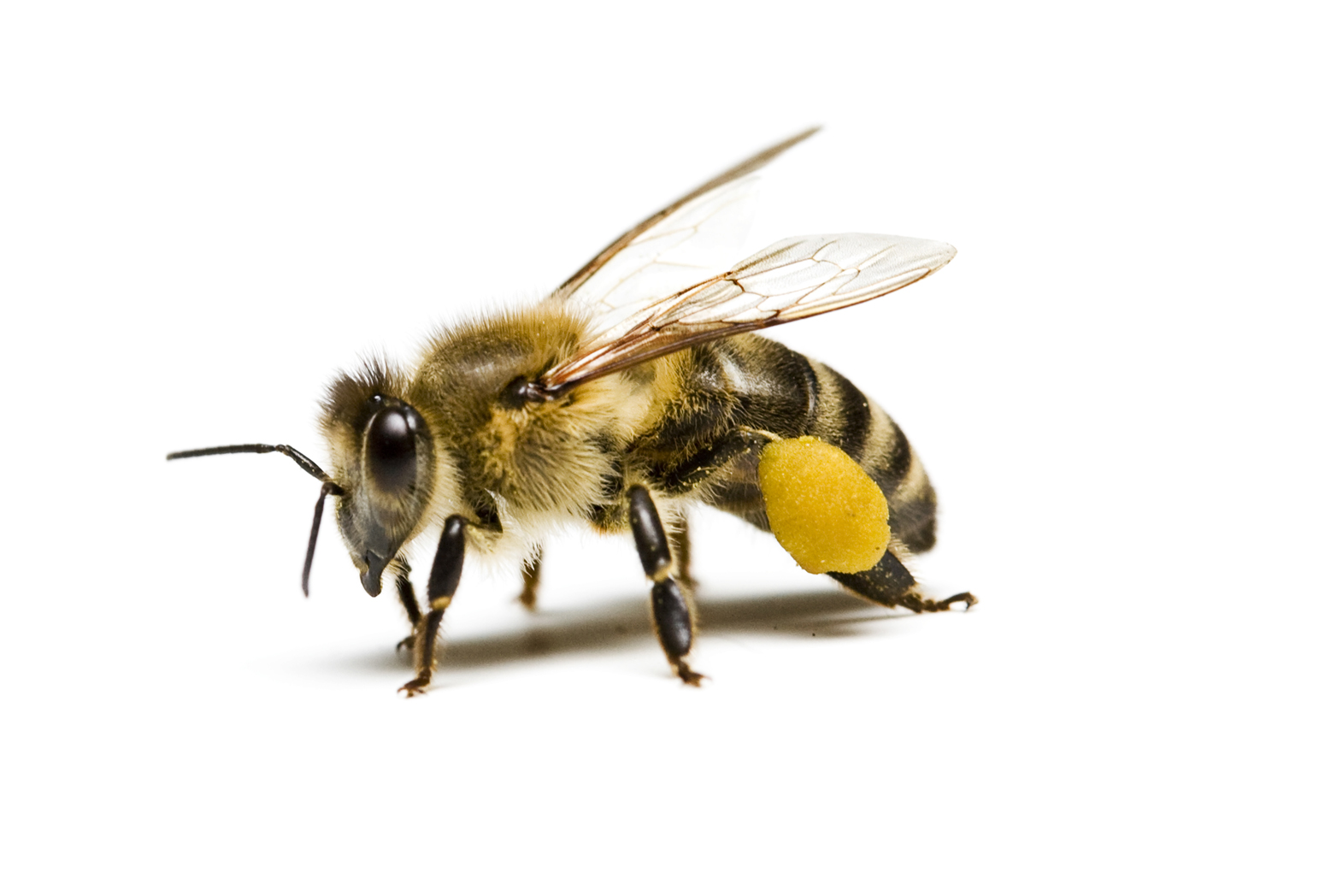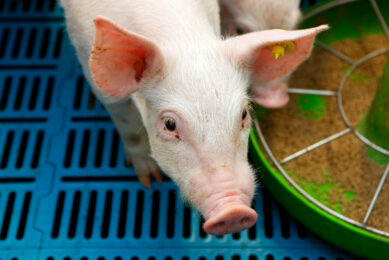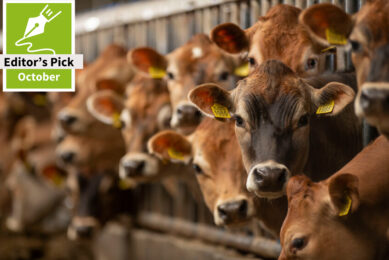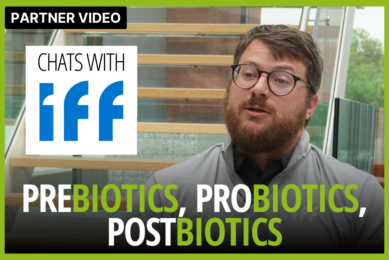Beneficial Microbes: good for dogs, cows and bees

How can beneficial bacteria (Lactobacillus for example) reduce mastitis, prevent pesticide absorption in bees and help dogs to digest their food better? All About Feed read the latest edition of the journal ‘Beneficial Microbes’ to find out.
Feeding of viable microorganisms (beneficial microbes) can enhance animal productivity and improve product safety. Ongoing research looks at the actual mode of action, efficacy and application for animal diets (livestock, fish, pets and even wildlife) and whether or not this reflects in better zootechnical performance and health and hence profit for the farmer or animal owner. A great hub of knowledge is the Journal Beneficial Microbes. From the latest edition, we highlight a few studies.
Save the bees from dying
The Canadian team of Trinder et al for example looked at how probiotic lactobacilli could be a potential prophylactic treatment for reducing pesticide absorption in humans and wildlife. Pesticides enter the environment via soil and water and can cause harm to wildlife that consume these toxic elements. The effect of pesticides (neonicotinoids) on bees is of particular concern. In their paper, the researchers explain that preliminary in vitro experiments suggest that lactobacilli are able to degrade some pesticides, enhance gut barrier function and influence gastrointestinal microbiota community structure. Translating this to bees: the researchers suggest that since beekeepers already use ‘pollen patties’ to provide for extra nutritional nourishment to bee colonies, there is a possibility that supplementing these patties with probiotic lactobacilli cold mitigate neonicotinoid-induced ‘colony collapse disorder’.
A way to prevent bovine mastitis
Bovine mastitis, an inflammatory disease of the mammary gland often associated with bacterial infection, is the first cause of antibiotic use in dairy cattle. A research team from France and Brazil looked at the potential of using Lactococcus lactis V, a strain isolated from the mammary gland, to use as a probiotic option against the disease, and hence reducing the use of antibiotics. Of interest was to know how well the probiotic can prevent an invasion of bovine mammary gland epithelial cells (bMEC) of the two major mastitis pathogens: Escherichia coli and Staphylococcus aureus. It was shown that the probiotic inhibited the internationalisation of both E. coli and S. aureus strains into bMEC, whereas it inhibited the adhesion of only one out of two S. aureus strains and of none of the E. coli strains tested. Nevertheless, the researchers state in this paper that L. lactis V7 is a potential promising candidate for a probiotic prevention strategy against bovine mastitis.
Viability of probiotics in acid pet stomachs
Also pets can profit from beneficial microbes in their diet. But can a probiotic survive the high acidity of the dog stomach and thus survive and be beneficial for the host animal? In dogs, gastric acid is not neutralised even when a meal is present in the stomach. Moreover, dogs take longer to digest their meals than humans do. Accordingly, the most important characteristic of any probiotics considered for use in dogs is high acid tolerance. A team from Japan therefore studied whether orally administrated probiotics are capable of reaching the large intestine, or proliferation in the large intestine. It was shown that the probiotic strain Bifidobacterium animalis subsp. Lactis LKM512 were able to survive in the strong gastric acid present in the stomachs of dogs, and reach the large intestine. In addition, the total number of the LKM512 was greater than the original daily dose, meaning that these bacteria proliferated in the canine intestine. The authors of this paper therefore concluded that LKM512 may prove as a useful canine probiotic.
We also read some other interesting journals for the latest scientific insights on mycotoxins and insects for animal feed:
World Mycotoxin Journal
Are mycotoxins present in all milling fractions?
Using grain dust to reduce mycotoxin screening time
What’s new in mycotoxin research?
Journal of Insects as Food and Feed
Fingerling trial: No major difference in fish meal and insect meal
Latest research on insects for animal feed











